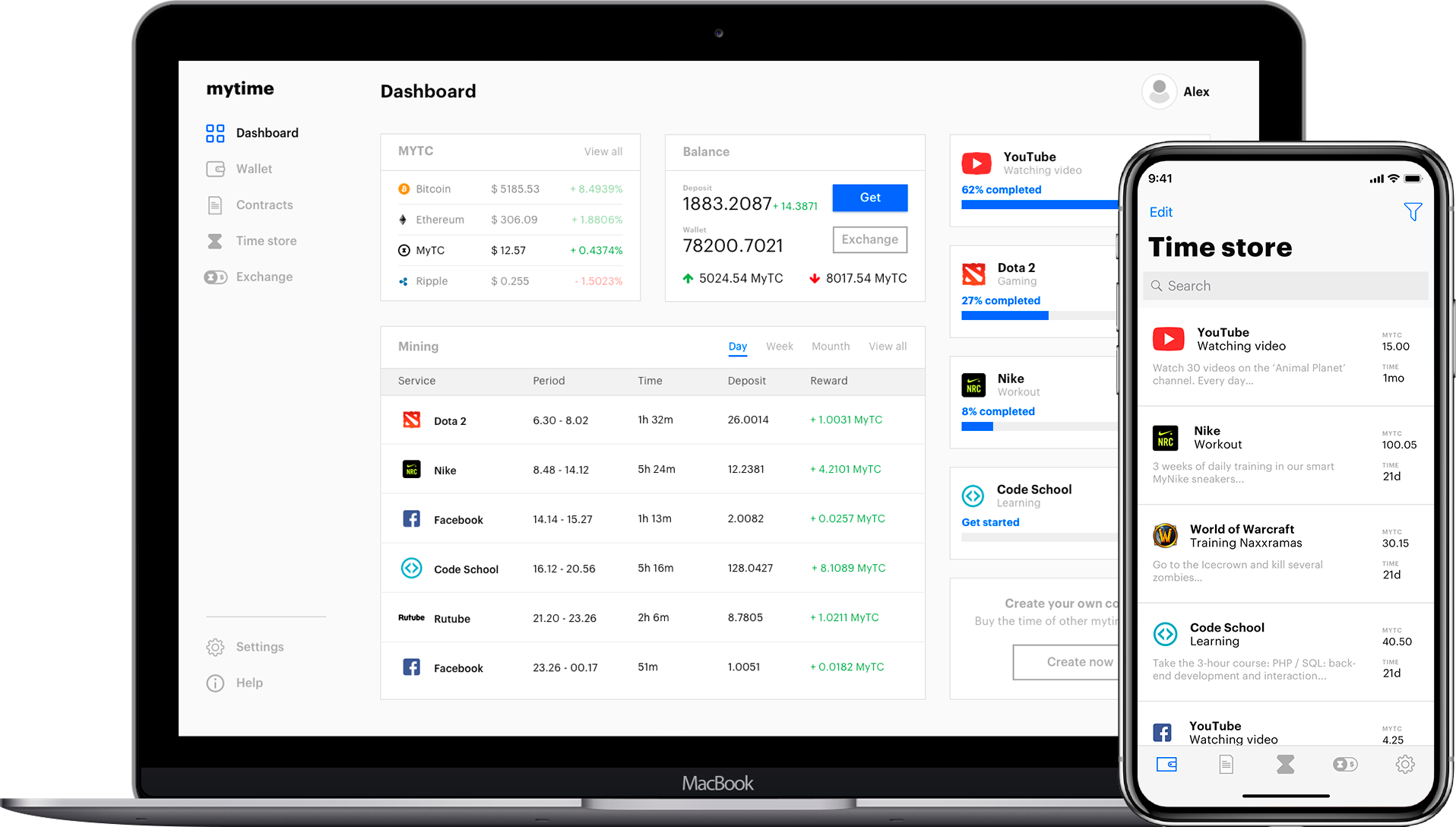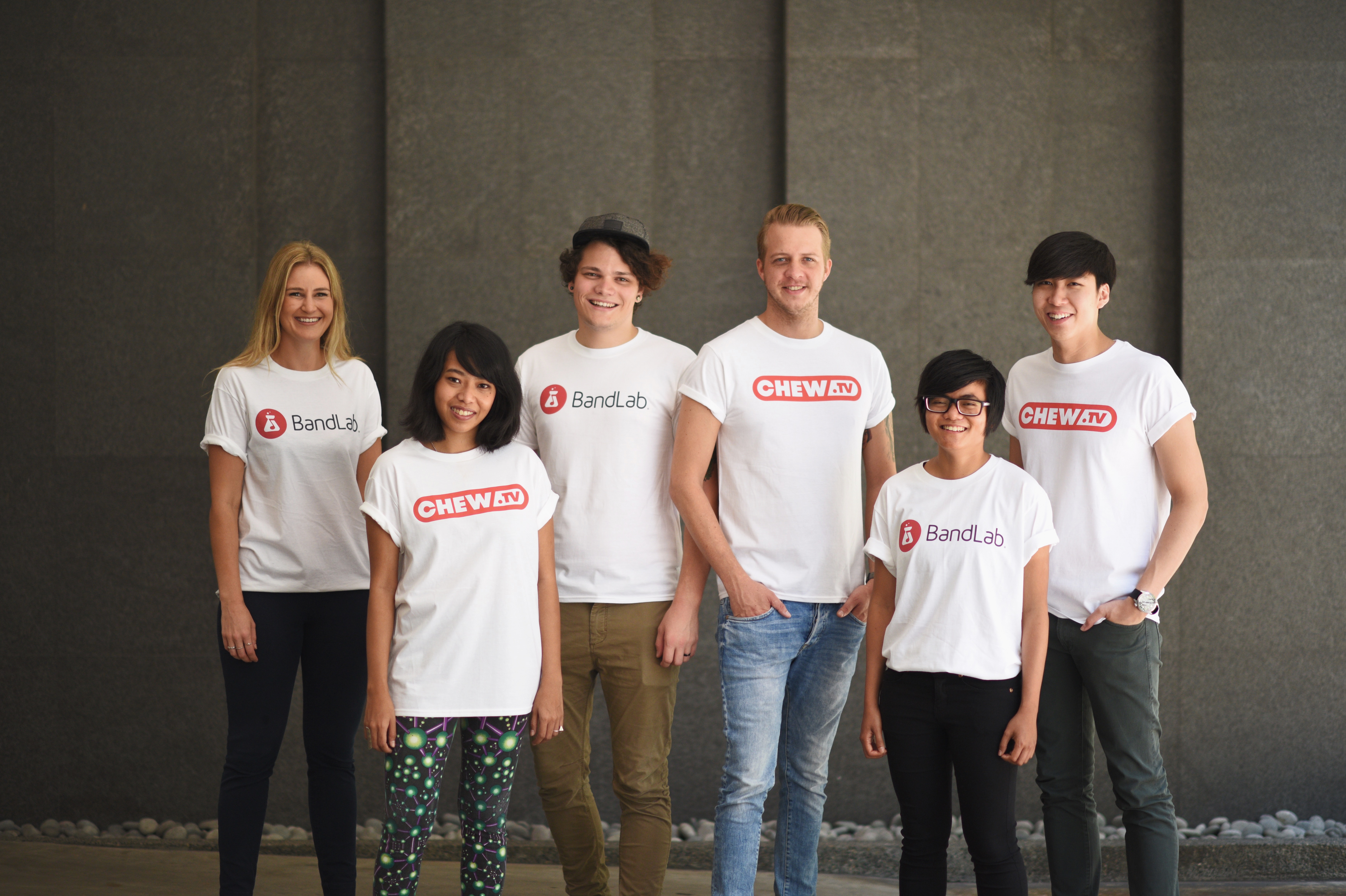New startups like Mytime want to pay for your attention and time in cryptocurrency

The debate about the effects social networks like Facebook and Twitter have on us as human beings goes one. Indeed, just this week Facebook co-founder Sean Parker said “The thought process that went into building these applications, Facebook being the first of them, … was all about: ‘How do we consume as much of your time and conscious attention as possible?… God only knows what it’s doing to our children’s brains.” Thanks for that Sean.
That attention-grabbing is all about getting as much data from the user about their preferences, but ultimately is also showing them adverts while they trawl the feed.
But what if we literally got paid for our attention in crypto currency? Well, that’s exactly what a few blockchain startups are trying to figure out.
Brave Browser, created by Brendan Eich, a former Mozilla CEO, recently announced the Basic Attention Token (BAT) backed by user’s attention on the content. And online blogging platform Steemit has rolled out a new protocol for media organizations to use cryptocurrency to generate revenue.
Now there’s a new kid on the block: Mytime. In terms of functionality, the mytime protocol is similar to existing cryptocurrencies such as Ethereum, Plasma and EOS. But this is an open blockchain-based platform that converts time spent by a person on a particular service or app, into cryptocurrency.
The idea is that companies can reward their loyal audiences while saving on transaction and marketing costs, and users get to spend the crypto how they want.
Imagine if content networks like news sites paid you to see their content instead of forcing you to see ads? Perhaps we would have a different kind of media.
Users will be rewarded with mytime’s new cryptocurrency tokens (known as MYTC) which companies will be able to mine themselves, based on the duration of the service. Users can use the tokens to pay for other services from other companies using time the mytime platform or convert them to fiat currency via exhanges.
Eduard Gurinovich, CEO, MyTC says: “Mytime is a revolutionary concept, and we believe it will give traditional advertising models a run for their money when it comes to attracting users to services. We expect the increasing number of users and the intensity of transactions to contribute to a flourishing mytime economy, boosting the value of MYTC.”
Some examples might be a video game player getting MYTC for every minute spent in a game, the reading of a newspaper website, or a taxi passenger getting tokens for using a taxi which also uses MYTC.
The startup has created its new protocol to do two main things. Firstly, it validates user time spent. Secondly, it protects the platform from abuse. The whole system operates on two parallel blockchains: one is used to confirm the elapsed service time (which cannot exceed 24 hours a day, and automatically prevents users from logging the same time period for more than one service). The second one records the participating company’s MYTC reward dispensation. Token transfer occurs on the MYTC online wallet.
Gurinovich previously founded CarPrice, which attracted $80 million from investors in Eastern Europe and opened more than 50 offices in Russia, Japan, India and Brazil. His co-founders include Georgy Chumbridze, founder of Innova, which made browser-based online games; and Armen Gulinyan, previously CEO of Ruform (Rutube, Pladform), a video distribution system which has 20 percent of the video advertising market in Russia. They are joined by Alexander Garkusha (co-founder of ModernToken who also participated in creating a whitepaper for the Ethereum ICO) who is a technical adviser of the mytime platform.
Published at Fri, 10 Nov 2017 19:29:16 +0000




